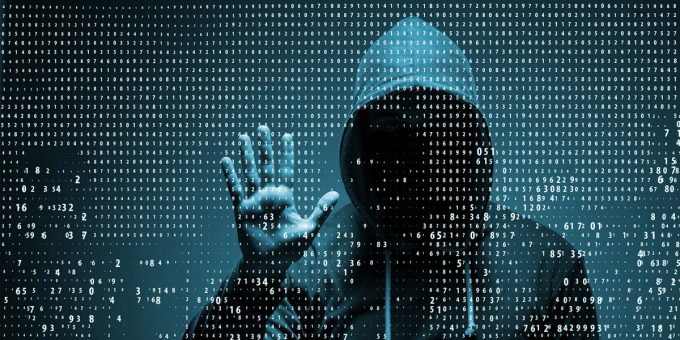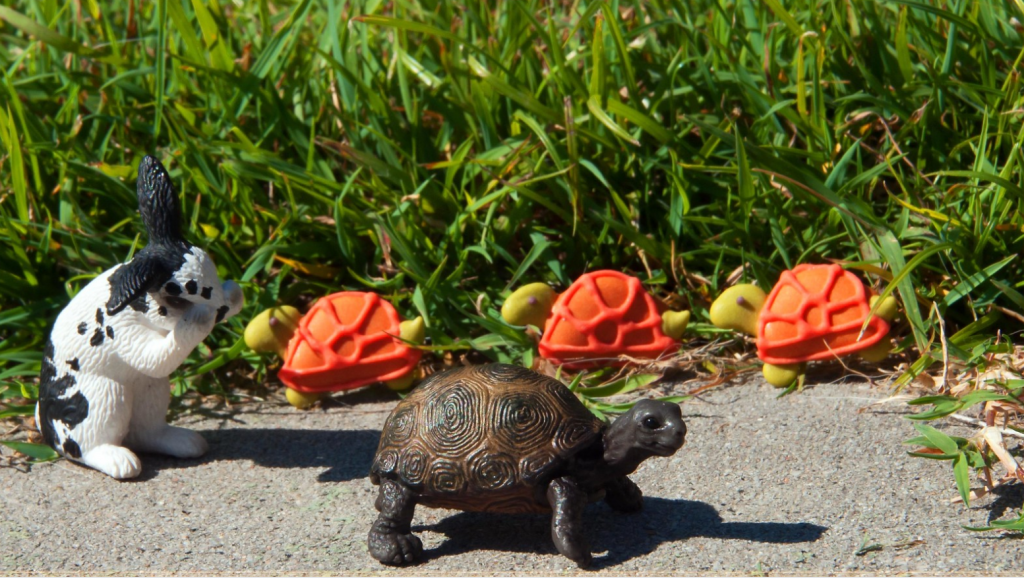This a reflective reaction to the scenario/provocation on Block 2 of the Open, Flexible and Social Learning programme #FOS201 https://foslearning.wordpress.com/programme/1-digital-literacies/
There’s a deep resonance in the voice of our provocateur that does not, solely, relate to the timbre of their voice. Rather, there’s something in their reaction to the requirement for creating a digital portfolio as part of their course that shocks and shudders recognitions in and for myself.

I am haunted by the learner’s defensiveness in their reaction to the course requirement. Worry, fear, anxiety, shame and a range of other affective reactions hail me in listening, in reading, in hearing; they roil in a tightly woven knot that works from deep gut outwards. The worries dressed as excuses, the rationalisations offered against getting started, of doing . . . plug in to a set of deep-seated habituations of my own. As a lurker, an invisible consumer, I am safe in the comfort of learning what others produce. Digital production is a whole different story. What is there to say? Won’t I just look foolish if I go public? What if I f**k up? Aren’t I allowed a private life that is just that – not on view to all and sundry? Anything I will do will just look/sound/read as amateurish. I’m already so far behind that I’ll never catch up.
The sabotaging internal dialogue goes on . . .
And then there are moments – different ones: moments and movements of change, of determination, of (other) recognitions:
- I could just start from somewhere
- What does it matter that it might be crap? I could get better through practice.
- I could ask for some help
- I could work with someone else, others, who is more proficient
- I could look for and explore some online resources
- I could (re)think the value for learners in letting them see my own grapplings with digitality
Especially in these latter moments and movements, I recognise the imperative that students are prepared – not just for the now, but for the certain uncertainty of the ‘not-yet’ that will, most likely, be mediated in and by a slew of existing, emerging and as-yet not even thought about technologies. As an educator, as someone supporting learners into that ‘not-yet’, I have a responsibility to feel those uncertainties, to scaffold the inevitable ambiguities that allow them/me/us to face the unknowability of the not-yet-known.
[Shame. Fail] And the hesitations continue … there’s never enough time. It would just take too long to catch up …
I try to imagine the conversations that I’d have with this learner. I try to imagine what I’d do, feel, say, as I tried to encourage them to engage with the task. I think about the discursive shifts I might make in trying to sideline the hesitancies, the resistances, the defensivenesses with/in and for them/me.
Is this just a sleight of hand? Am I being completely disingenuous? Am I only a charlatan?
I try to image what work I’d do with them/me. I wonder about the resources that I might draw upon – peers, online resources, academic literature on developing digital literacies. I imagine a set of confessions. I imagine starting a project with the learner that leans on ideas of co-production and that bargains with our shared hesitancies, our abilities to face challenges, our strengths that have brought us this far. I imagine that I’d appeal to how we might pool our resources and those around us. I imagine that I might allude to the possibilities for collaboration through online presence.
I know that I’d provoke the learner to start writing autoethnographically about their reactions to being required to do the task. I’d ask them to unpick, to challenge, to tease (out) some of the starting points on which their justificatory monologue is based.
I know that I wouldn’t have easy answers. But, despite all the doubt and internal sabotage, I have confidence that I’d also find some points of connection, some fracture from and within which we might work together to gain confidence, to rise to the challenge. It might be a start in the race to catch up.
I spent quite a lot of time tonight. I got a tutorial from my partner on how I might create a blog for #FOS201 on an existing website. My partner had secured and continues to host an online domain for me. They have done so more than four years ago. This might be the first blog post on that site. I might be learning how I can create and curate content. I might be able to post a link on Twitter to my own content following this. Am I catching up?
In writing this reflection, the ritornello ‘catching up’ emerges. As well as a rhetorical device in this reflection, ‘catching up’ conjures and coheres a range of affectively-based sets of praxes that, for the most part, are haunted by stall, stutter, stop in relation to the development of my own digital literacy. In the uncanny echo-chamber of haunt, I find that other imaginaries for/against ‘catching up’ take on potential. What is this race in which I feel constantly in deficit? What are starting points? Is there an easily defined finish line? Is there only one track, and is that track so well known in advance? With whom or what am I making a comparison? In what ways might I (re)invest the value(s) inherent in the way of the tortoise before I continue to hare off into another bout of paralysis? Is there a better metaphor in thinking about developing digital literacy than in thinking ‘catching up’? What other metaphors might better shape practices in developing digital engagement on the part of both educators and learners going forward?
Should I even try to catch up?
